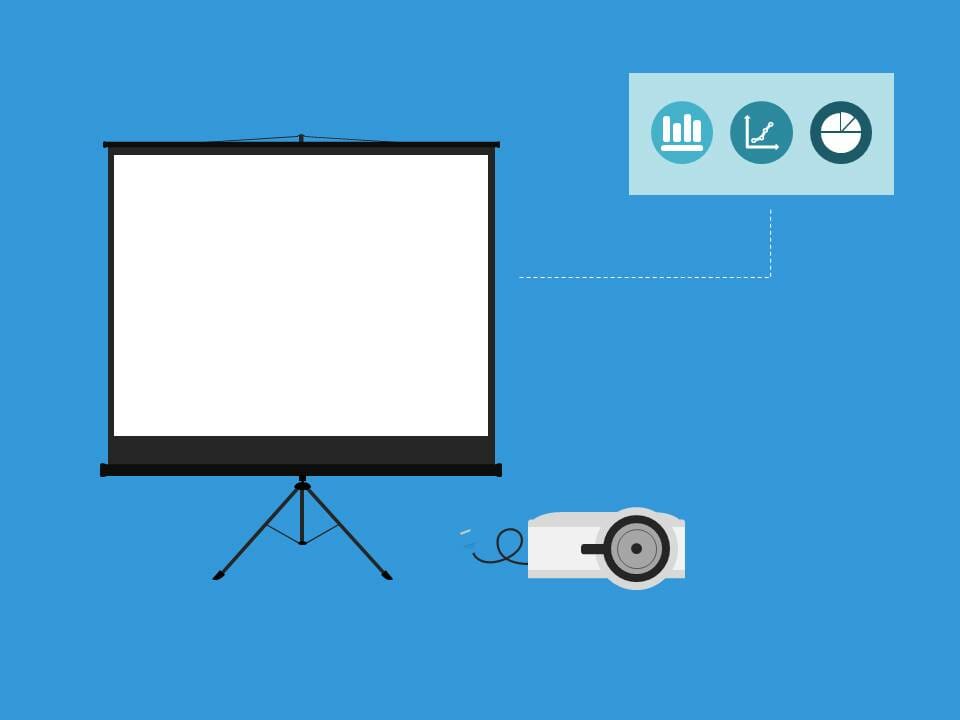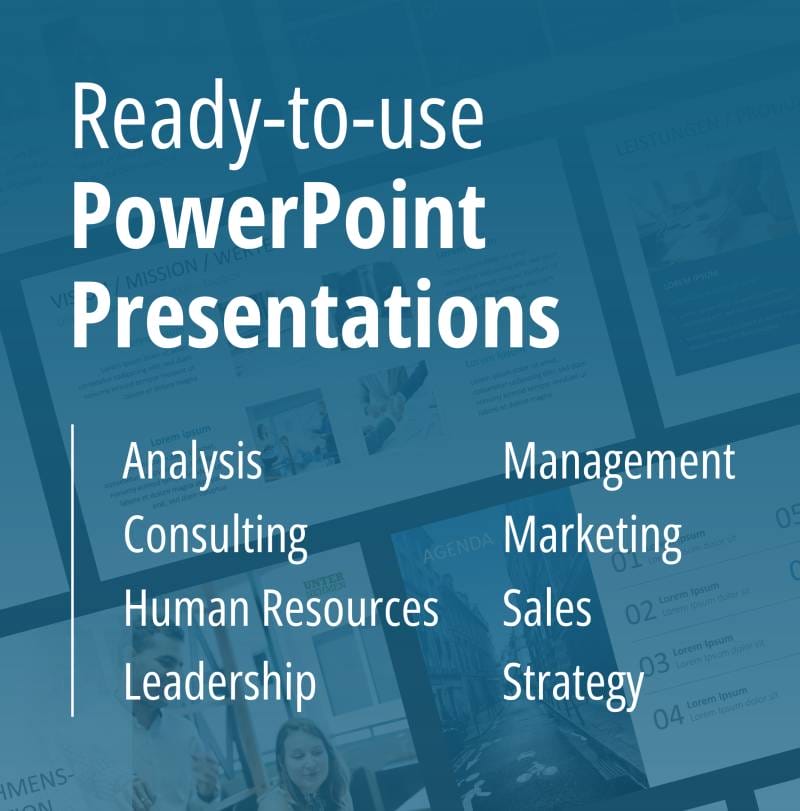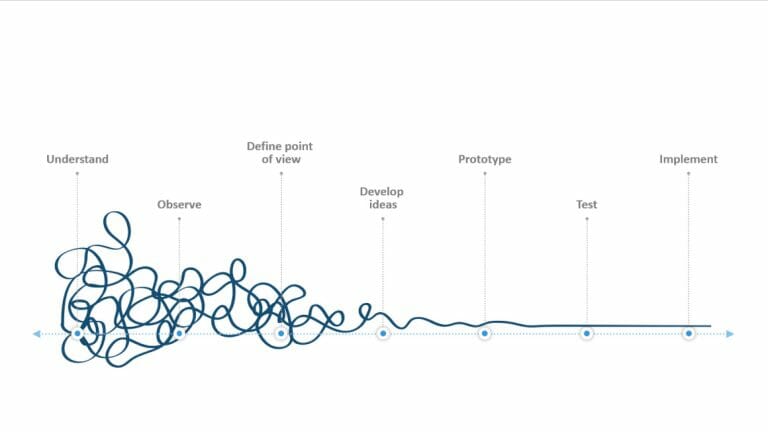
Top Tips to Present with Confidence – Part 1
Getting nervous before a presentation is the most normal thing in the world. There is, however, a good antidote to nervousness – preparation! If you are well prepared you can confidently deliver your presentation, even if some things don’t go as smoothly as you envisioned. This blog series will prepare you to stand on stage and successfully deliver your hard work.
1. Tailor your delivery to your audience.
If you do not tailor your presentation design or content to your audience, then how connected the audience feels rests wholly on the manner in which you present. (A similar scenario would be a band on tour that manages to appeal to the audience in every city in a specific and personal way). The more precisely your presentation is tailored to the audience, the more potential you will have for hitting a home run and giving an effective presentation. To get feedback on how well you came across and make future improvements, you might want to consider having a question and answer session after your presentation.
2. Practice talking.
Will a regular speaking voice do or should you turn it up a notch? Or perhaps whisper? While volume variation is not a bad idea, a normal speaking voice should do just fine. What you should take notice of is the speed at which you talk. If you are nervous you will tend to speak a little faster, or it might just seem a little faster, or it could very well be a thousand times faster than normal. The most efficient antidote for this is practice! Practice preferably with a stopwatch and a test audience.
3. Practice standing.
You certainly already know the power of muscle memory: This ensures that you can make your morning coffee before your brain is fully switched on. In the same way, you can practice a presentation situation – keep standing and occasionally walk back and forth while practicing your speech. Practicing this will help make your presentation into an entirely normal and familiar situation that will also help against stage fright.
4. Practice presenting.
No magic formula applies to all speakers. We recommend that you practice your speech about seven times in real presentation-like conditions and in a similar environment. This means you should give the lecture standing up, use your presentation materials and equipment (PowerPoint, beamer, etc.) and time your presentation. Prepare and practice your presentation as closely as possible to the real thing so as to avoid unexpected situations or mishaps.
5. Mentally play through your presentation.
This training method doesn’t require a stopwatch, technical equipment or lecture notes. Simply sit down and go through your whole presentation: how you will prepare your equipment, where you will stand, walk and what you will say, and how you will moderate. This meditative method can help lower your nerves and help you keep a cool head on presentation day.
6. Watch what you eat.
To avoid feeling bloated or sleepy, stay away from food and drinks that are caffeinated, fried, contain alcohol or are sugar-free. These can provoke a nervous stomach. Instead, eat or drink something nutritious that soothes your stomach and your nerves like bananas, rice (not too much), toast, applesauce, decaffeinated tea or sweetened ginger tea.
7. Work out.
If you have a few hours before your big presentation, go for a run. Sport promotes the release of endorphins. This condition may persist for several hours after exercise and provide extra energy and confidence. Even if this method ends up not being effective for your body, you probably won’t mind burning off the calories from your last sandwich.
8. Use flashcards.
The majority of your content should be in your notes (and in your head) and not on your PowerPoint slides. However, for sections of your presentation that are content heavy, make flashcards and practice reciting from them.
9. Get a second pair of eyes.
Before you give your real presentation, practice in front of a friend that can give you detailed and honest feedback. They can help catch distracting habits, or unflattering gestures and expressions that you might make unconsciously.
Coming up next week: How to Present Convincingly Onstage.




